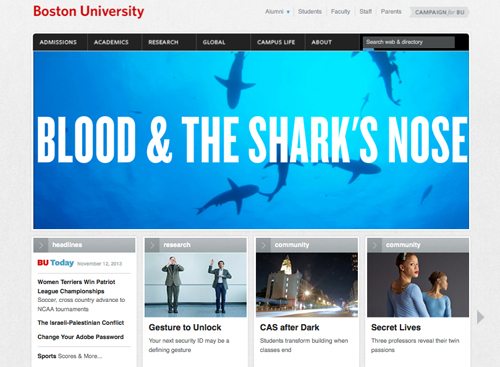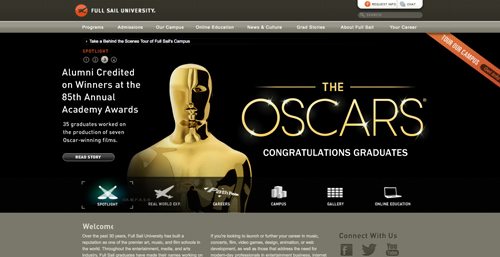Find a degree that fits your creativity.
Find the Best Program
No matter what your goals are in the web design career path, starting with a degree is the best way to start. Our rankings based on affordability and prestige will guarantee you find the best program available.
Learn About Web Design
Before getting started in your professional career, its best to learn the basics. Our featured articles are the best resources for learning about the biggest stories in the design world. Learning with us can happen before, during, and after your degree!
Get the Latest News
Design and technology is a constantly evolving field, and its difficult to stay up to date. Our news resources are compiled of the most important things you need to know to stay current in the world of web design.
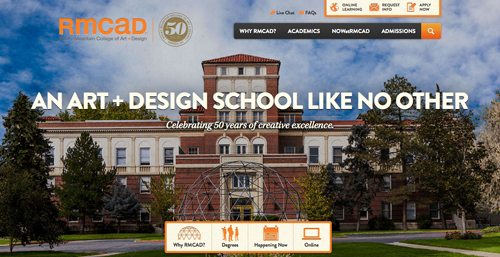
30 Best Designed College Websites
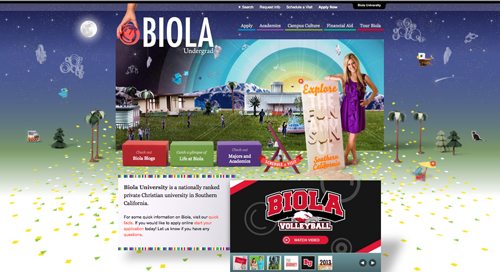
The History of Female Game Designers
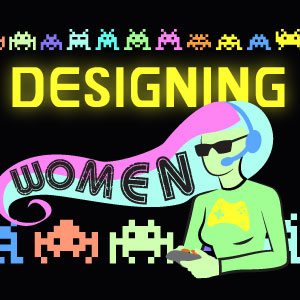
What skills are needed for a career in web design?
Photoshop & Illustrator
These programs are the most widely used among designers, and are the backbone of the creative process. Advertisements, website designs, logos, printed materials such as magazines, and much more begin and end with a design in these programs. For a web design degree, think of these tools as your number one textbook. It can be tricky to pick up at first, but by the end of your degree you will have experience enough to contend with the professionals.
UI Design
User interface design is the study of what makes a website (or any technology) efficient and enjoyable for a user. For a web designer, it means laying out a website in the best way to get users to the most important pages in as little time as possible. Balancing graphics with UI design is challenging, but can set your website apart from a competitor. It also can mean the difference between a good and a great designer. UI design can be a major on its own, but the basics are covered in a web design degree.
Project Management
Whether your dream is to be a freelance designer or to work for an agency, project management skills are essential in organizing your work with clients and team members to create an efficient work flow. Project management skills include keeping task lists, managing your time, and ensuring that your projects are on schedule. While this is much more important in a freelance situation, a professional agency designer must know how to integrate their skills into a work environment.
CSS
CSS means cascading style sheet, and essentially puts all of the design elements into your HTML. CSS tells HTML what colors, fonts, sizes, locations, and much more are used in your design. HTML and CSS go hand in hand, and having a good handle on both are essential for fully understanding the website creation process. CSS does not do anything on its own, it must have HTML to tell what to do. It is fairly simple to learn, and may be the most important code in the design process.
HTML
HTML is a major coding language involved in the development of a website. While a designer may only be focused on using programs such as Photoshop and Illustrator, many designers choose to learn the entire process of creating a website. HTML is involved after designs are drawn up, and helps you lay out the website in a form that internet browsers will understand. Learning the basics can be helpful when designing a website so you can understand how it will be built.
SEO
SEO stands for search engine optimization, and is the number one factor in making a website’s views skyrocket. While SEO depends a lot on the content of a website, the design matters greatly in making your website optimized. You’ll learn the tools to make your website user friendly, marketable, and appealing, which set the framework for users to stay and become engaged in the content. SEO is a huge field, and design is just the beginning of it.
Rankings
